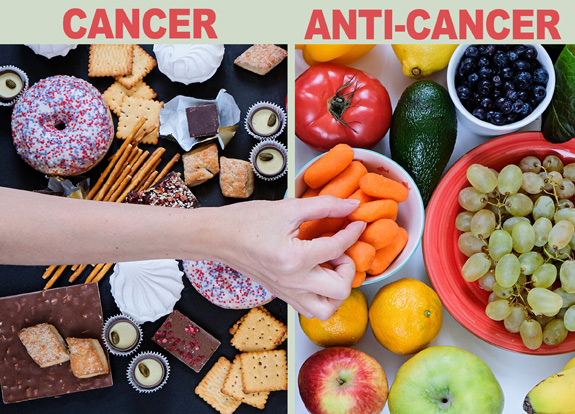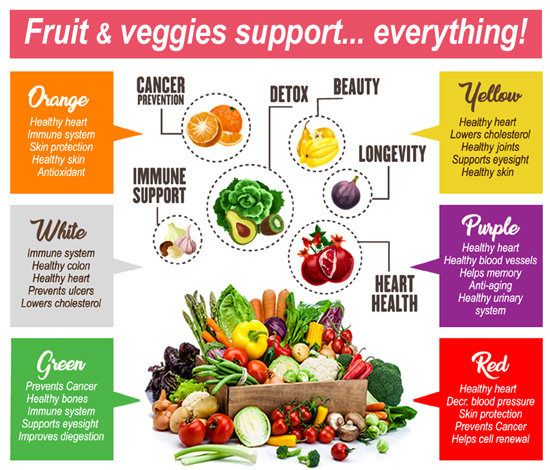Everyone knows smoking is a risk factor for contracting cancer; however, according to researchers with the American Cancer Society, smoking is just one lifestyle habit that contributes to high cancer rates.
According to the findings of a new study, four in ten cancer cases are preventable. Moreover, when examining adults 30 years and older specifically, almost 50% of cancer deaths are the result of controllable risk factors.
In addition to cigarette smoking, other risk factors include physical inactivity, obesity, excessive drinking, and poor diet choices such as low consumption of fruit and vegetables.
The study was Published in CA: A Cancer Journal for Clinicians, in July 2024; however, the study was based on 2019 data.
Major risk factors
Smoking easily remains the greatest risk factor, accounting for an estimated 19% of new cancer diagnoses and 30% of deaths. Studies like the current one, however, are shedding more light on more “modern living” risk factors such as exposure to radiation, eating processed foods, and low fruit and veggie consumption.
In addition, scientists now know that good diet choices can actually help reduce the smoking risk factor.
For example, a 2017 study that found each extra serving of fruits and vegetables was associated with a 4% lower risk of lung diseases in former smokers, and an 8% lower risk in current smokers.
Fortunately cigarette smoking reached an historic low in 2019. Still, the American Cancer Society estimates 14% of the US population—34 million people—still smoke, and smoking accounts for nearly 30% of all deaths from cancer.
While the fruit and veggie cancer-reduction benefit shouldn’t be taken as an endorsement to start smoking, it does highlight the the potent protection provided by consuming high-antioxidant foods.
Fruit & veggies support all aspects of health
Besides helping battle lung cancer, other studies have shown that fruit and veggie consumption helps lower risk of kidney stones, helps prevent allergies, and helps keep diabetes at bay.
And that’s not all: fruit and veggie consumption has also been shown to help with other aspects of health that people wouldn’t typically associate with eating healthy.
For example, a 2021 study found people who regularly consumed fruit and veggies had lower stress levels compared to people who had low or no consumption.
Meanwhile, a 2023 study showed that fruit and veggies not only helps prevent contracting a cold or flu, but also helps reduce the severity of cold and flu symptoms after the onset of the episode.
Sadly, even as studies prove the amazing benefits of eating fruit and vegetables, consumption is still dismally low. According to the American Cancer Society, only 26% of adults eat the recommended amount of two or more servings of fruit a day, and only 13% ate the recommended amount of three or more servings of vegetables.
As bad as these numbers are, the recommended servings are government guidelines that many health experts feel are outdated and extremely low. Using the higher standards advocated by these experts—and implemented in some countries—the percentage of Americans who don’t consume enough fruit and vegetables would actually be over 90%.
Study details
In the new study researchers looked at 30 different cancer types. Researchers collected data on rates of cancer diagnosis, cancer deaths, and risk factors to estimate the number of cases and deaths caused by modifiable risk factors.
The risk factors assessed included current or former cigarette smoking, routine exposure to secondhand smoke, excess body weight, heavy alcohol drinking, eating red and processed meat, low consumption of fruits and vegetables, dietary calcium, physical inactivity, ultraviolet radiation, and viral infections.
The researchers learned that, after alcohol, obesity was the second most detrimental risk factor—contributing to 7.6% of new cancers. According to the calculations of the researchers, obesity was followed (in order) by alcohol consumption, UV radiation exposure and physical inactivity.
“Interventions to help maintain healthy body weight and diet can also substantially reduce the number of cancer cases and deaths in the country, especially given the increasing incidence of several cancer types associated with excess body weight, particularly in younger individuals,” wrote Dr. Farhad Islami, the senior scientific director of cancer disparity research at the American Cancer Society, in a media release.
In this era of “vaccines for everything” the research comes as welcome news to many. The study proves the odds of contracting cancer doesn’t have to be left to fate or possessing unlucky genes—instead, choosing a healthy lifestyle will greatly improve the odds!
– – –
Boost your fruit and vegetable intake with Optimal Fruit & Veggie Plus. Click the banner ad on this page to learn more.
– – –
Sources: CA: A Cancer Journal for Clinicians, American Cancer Society.



